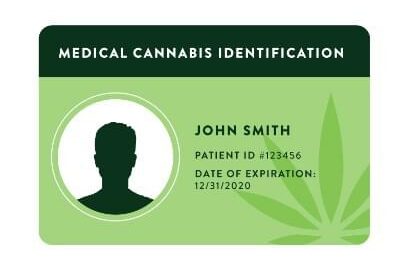This information was provided by NJ.com
By Susan K. Livio | NJ Advance Media for NJ.com and Amanda Hoover | NJ Advance Media For NJ.com
Updated Jun 27, 2021; Posted Jun 26, 2021
New Jersey’s more than 112,000 medical marijuana patients can continue seeing their physicians virtually or by phone to maintain their enrollment in the state’s program, thanks to a new law signed by Gov. Phil Murphy on Thursday.
Murphy conditionally vetoed the bill in April and asked lawmakers to broaden it. Initially, it would have allowed the most vulnerable patients to seek authorization for medical marijuana using tele-health appointments.
Under the new law, doctors can have a patient come to an in-person consultation when necessary, but are not required to hold those appointments if they same quality of care can be conducted virtually. It applies to all patients.
Many people used telemedicine during the coronavirus outbreak to avoid exposure to doctors and other patients. An order signed in August temporarily waived the requirement for in-person visits for medical marijuana.
“I do not agree with resurrecting old barriers to access, particularly as the pandemic continues,” the governor wrote in his conditional veto in April.
But the telehealth bill has been in the works since early 2020. Some patients with severe medical conditions have long complained about the regular in-person doctors appointments they need to keep their medical marijuana cards active.
The law’s sponsors, Assemblywomen Pamela Lampitt, D-Camden, and Joann Downey, D-Monmouth, issued a joint statement upon the bill becoming law.
“Many medicinal marijuana patients suffer from conditions that limit mobility, making frequent visits to the doctor’s office a significant barrier to the medicine they need,” they said.
“The pain relief, muscle relaxation, nausea prevention and anxiety reduction of medical marijuana are too important to the people suffering from severe medical conditions to be hindered by in-person doctor visitation requirements. This law will utilize today’s technology to help provide easier access to this beneficial medication on behalf of the people who need it the most.”
Read More




